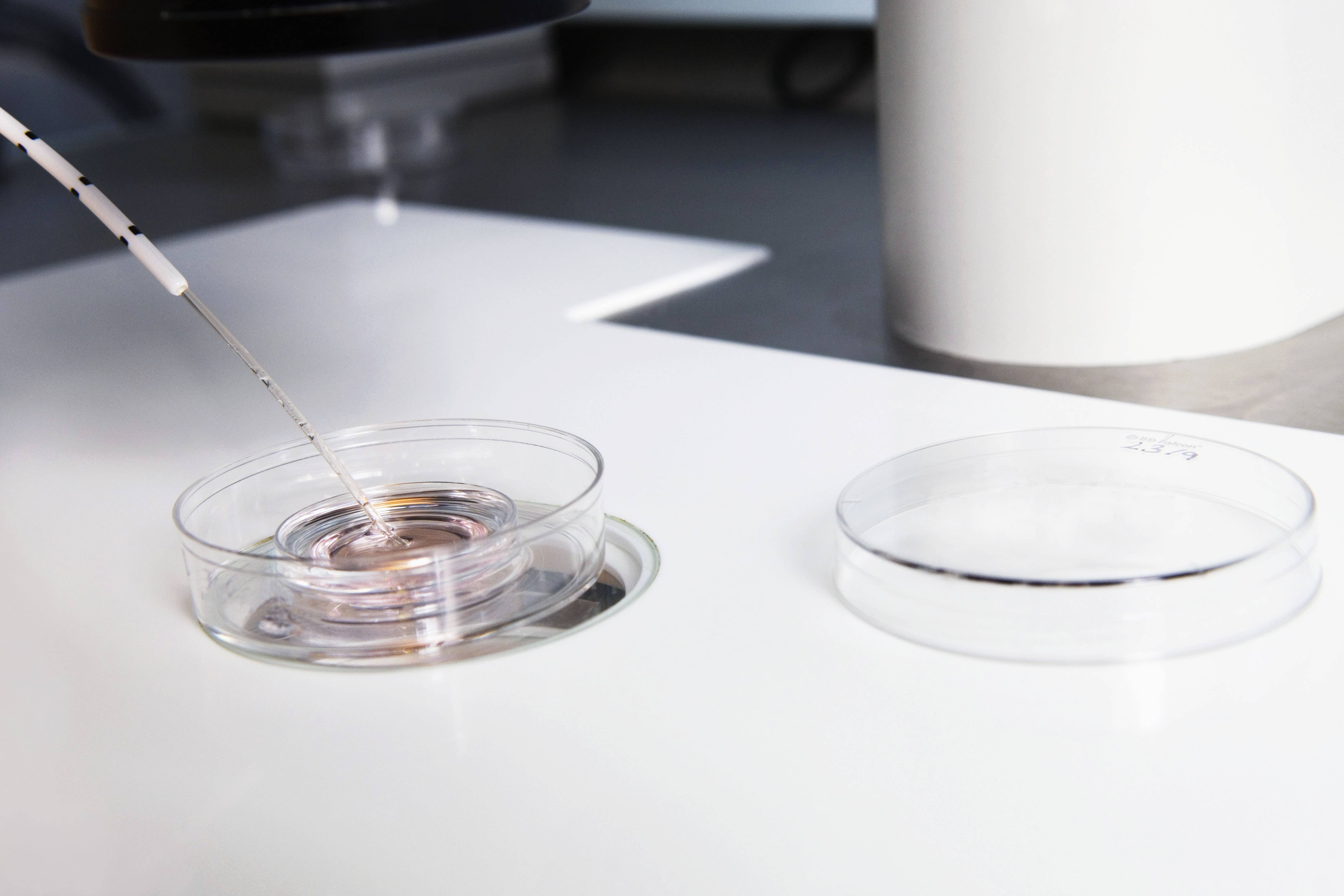Fertility doctors ‘terrified’ by Alabama court ruling that classifies embryos as unborn children
By classifying the embryos as unborn children in their ruling, Alabama’s state court could profoundly impacted how IVF clinics in the state can function.

An Alabama Supreme Court ruling that classified frozen embryos as children under state law has left fertility doctors “terrified” and may force clinics to close their doors, campaigners have warned.
In a decision that could have profound consequences for both patients seeking fertility care and the medical professionals that provide it, the state’s highest court allowed for a wrongful death lawsuit to be brought over the destruction of frozen embryos in an incident at an Alabama clinic in 2020.
By classifying the frozen embryos as unborn children in their ruling, the justices opened the way for the plaintiffs in the lawsuit — three couples whose fertilised embryos were destroyed — to seek damages from the clinic for wrongful death.
That ruling may force clinics that provide in vitro fertilisation, or IVF, treatment to close over fears of being held liable for any damage to embryos during the freezing process, according to Sean Tipton, policy officer with the American Society for Reproductive Medicine (ASRM).
“Physicians and the other staff at the infertility clinics in Alabama are terrified, justifiably so,” Mr Tipton told The Independent, after speaking with doctors in the state. “If, right now, they provide state-of-the-art recommended care to their patients, they’re putting themselves and their businesses at incredible risk.”
The process of IVF often requires the fertilisation of many eggs to increase the chance that one will become a viable pregnancy. The embryo with the best chance of succeeding in the womb will be transferred, while the rest are usually frozen and kept in case the transfer fails or the patient wants to have another child.
Pro-choice groups like the ASRM have warned that anti-abortion campaigners view the battle over embryos as their next fight, following a successful, decades-long campaign to overturn Roe v Wade.
“Clearly this is part of a very fierce anti-choice agenda in the state of Alabama. This is this is abortion politics through and through,” Mr Tipton said of the ruling.
“I think this exposes the truth that the anti-choice argument is about controlling women and reproduction, not just about stopping abortion. The ultimate pro-life medical technology and it has been threatened by this ruling,” he added.
Overturning a lower court decision that classified the case as a property dispute, Alabama Justice Jay Mitchell wrote in the majority ruling last week that an 1872 state law allowing parents to sue over the death of a minor child also applied to embryos.
“Unborn children are ‘children’ ... without exception based on developmental stage, physical location, or any other ancillary characteristics,” he wrote.
The decision to classify frozen embryos as children raises a series of complicated questions about the legality of standard IVF processes in the state of Alabama. Usually, a clinic will be responsible for ensuring the decision of a patient who wants to keep, donate or destroy their embryos.
The court ruling also raises the prospect that the case and cause of classifying embryos as children may be taken up in other states by anti-abortion campaigners, or in a federal court, which could threaten the medical treatment nationwide.
In its ruling, the Alabama Supreme Court referred to anti-abortion language added to the state’s constitution in 2018, which made it the policy of the state to “ensure the protection of the rights of the unborn child.”
In a concurring opinion to the ruling, Chief Justice Tom Parker quoted the Bible.
“Even before birth, all human beings bear the image of God, and their lives cannot be destroyed without effacing his glory,” Justice Parker said.
The ruling may deter patients from seeking fertility treatment in the state over fears of what will happen to any embryos they freeze.
Join our commenting forum
Join thought-provoking conversations, follow other Independent readers and see their replies
Comments
Bookmark popover
Removed from bookmarks